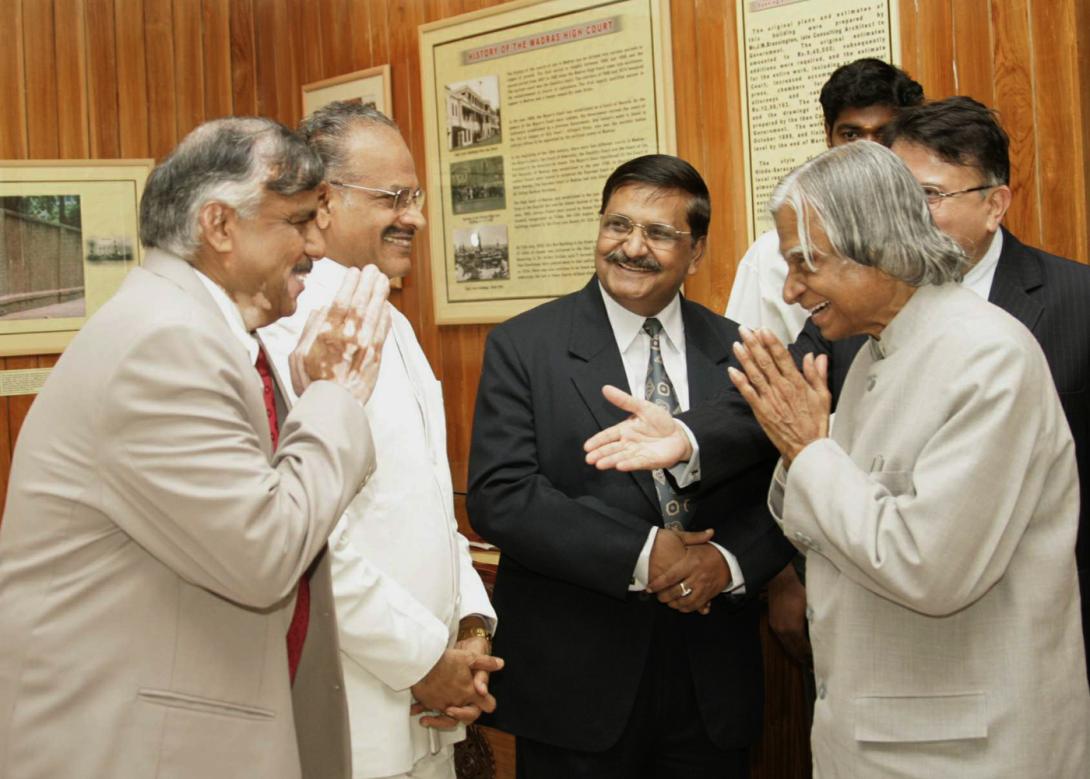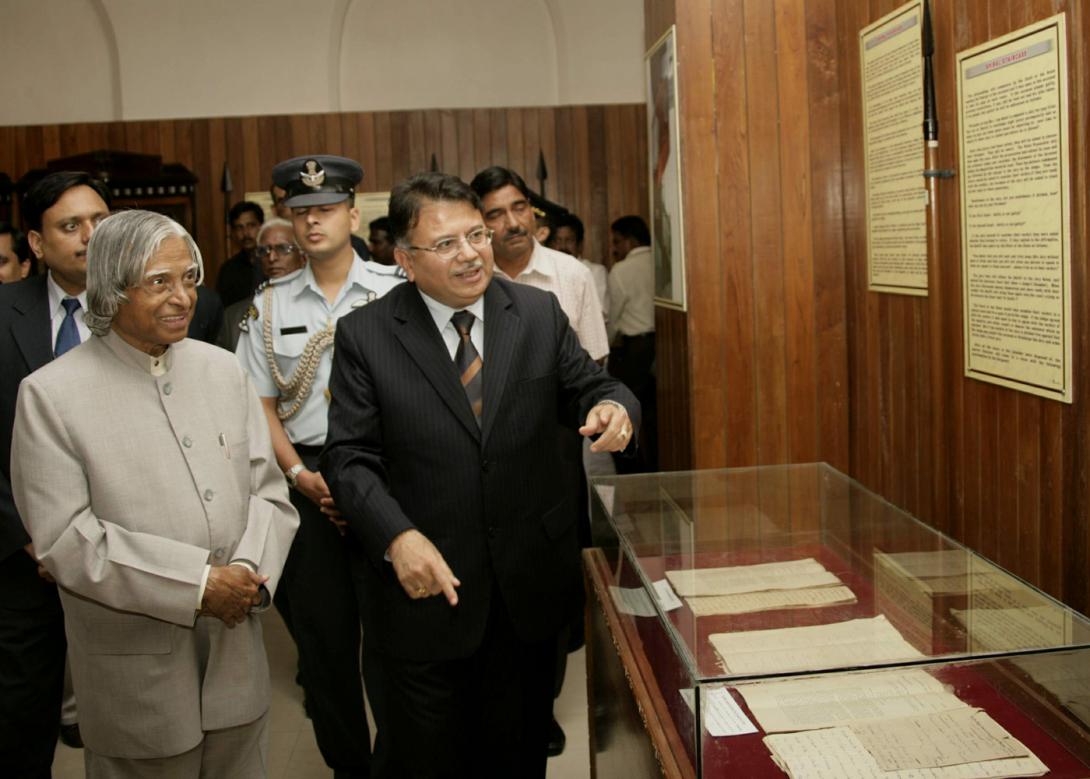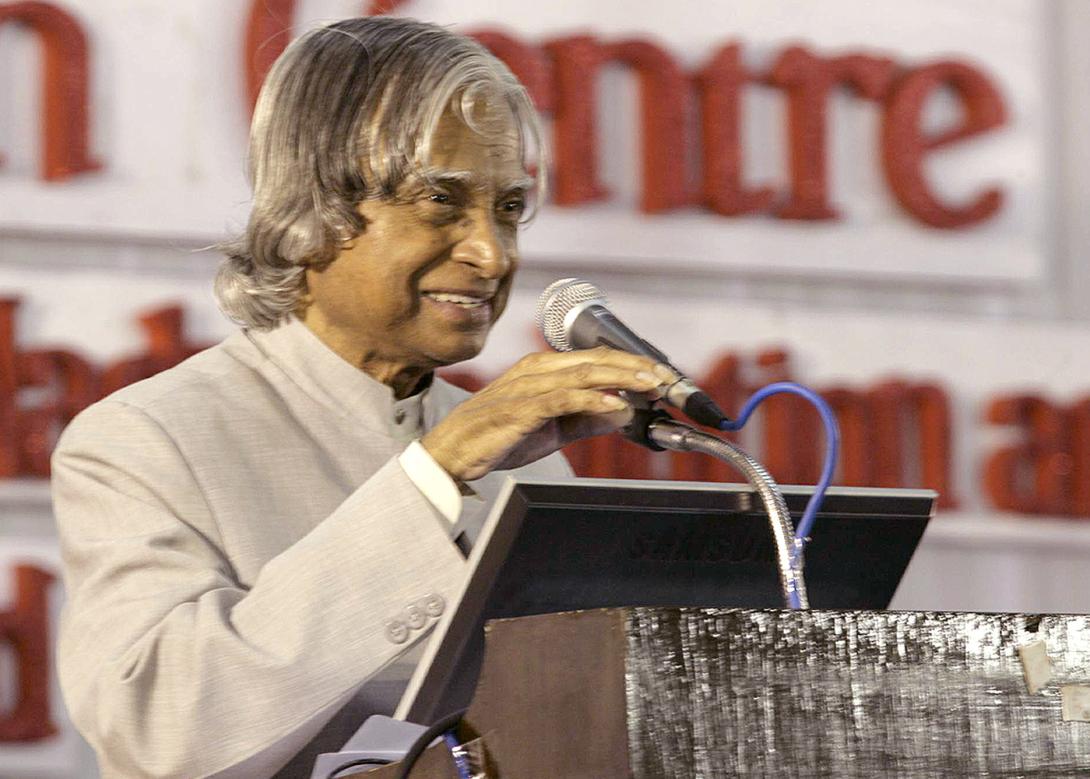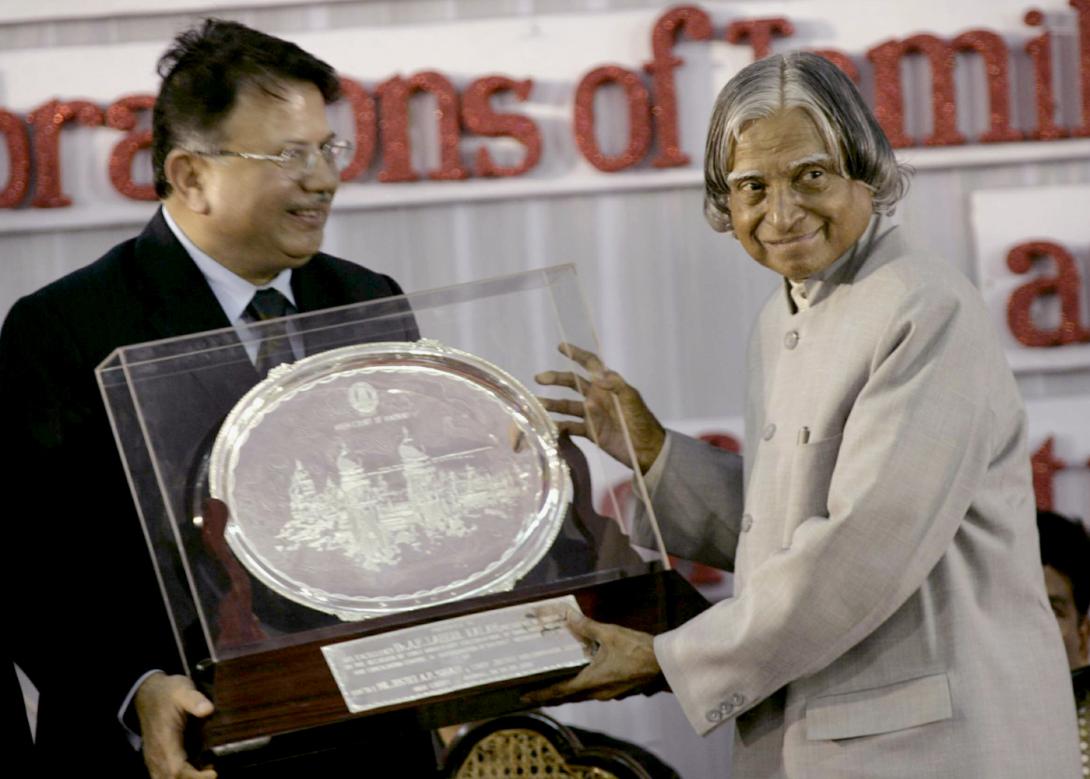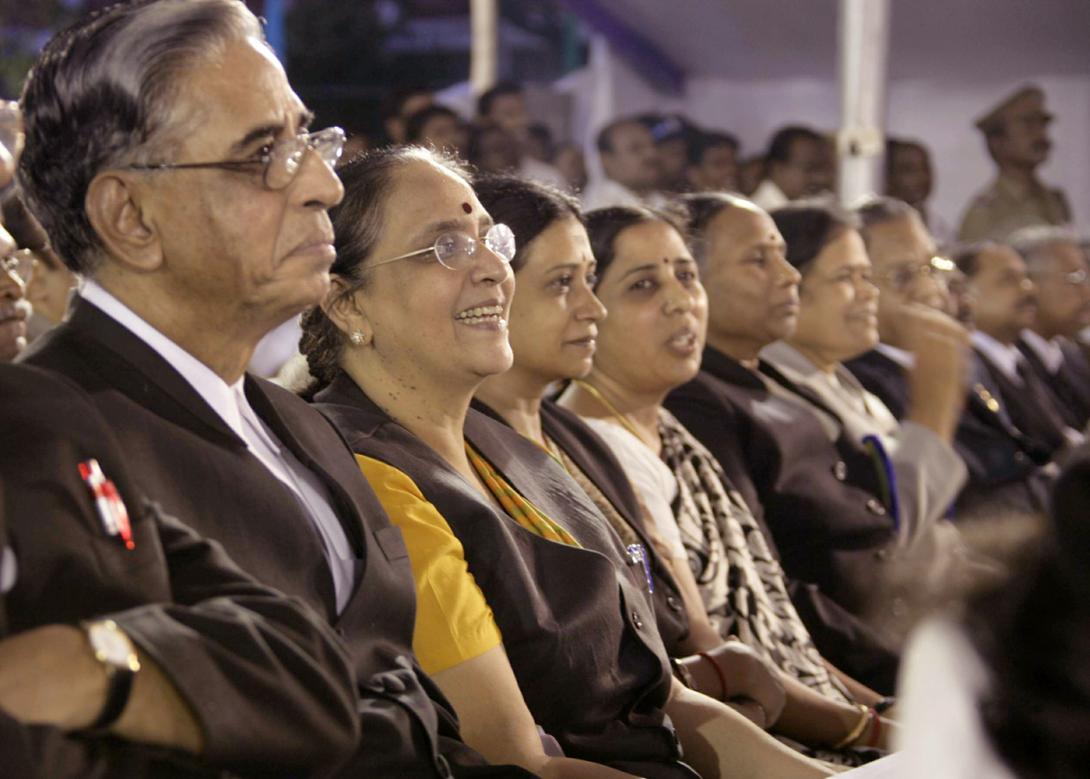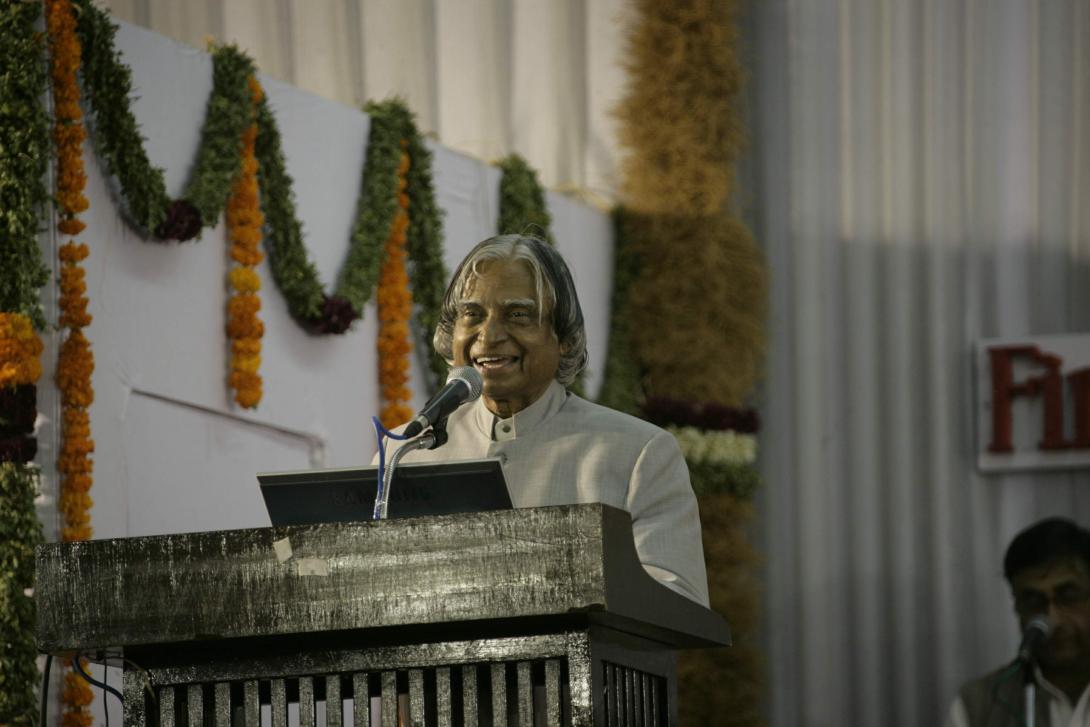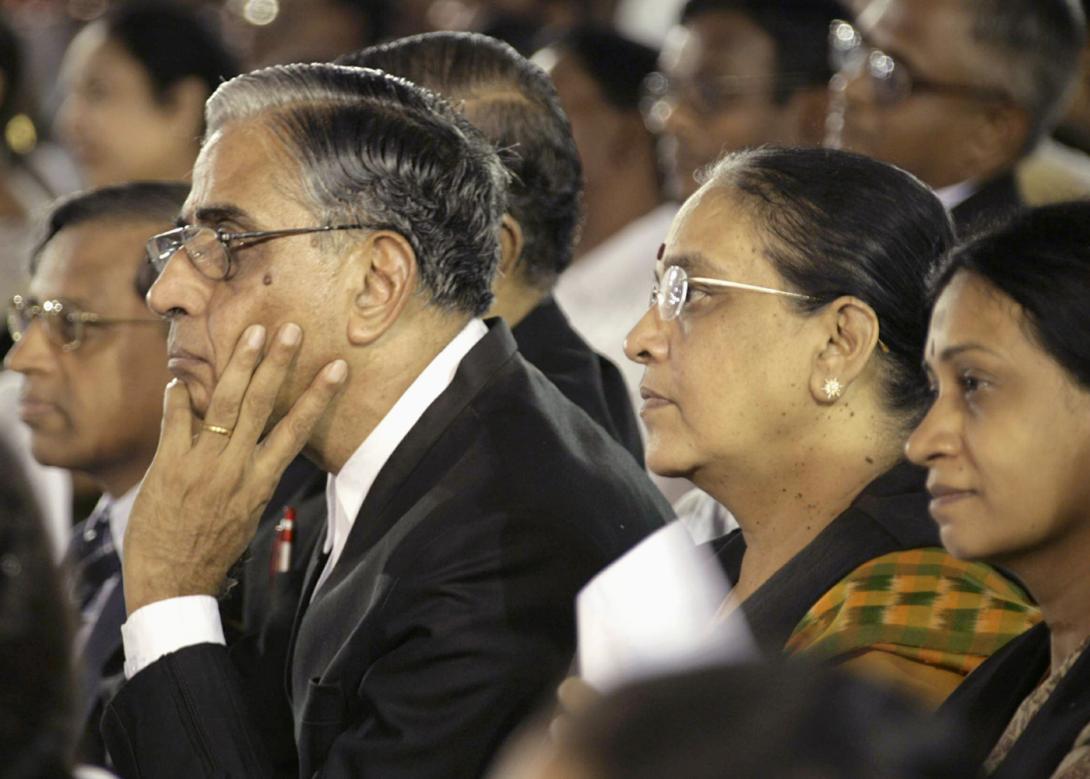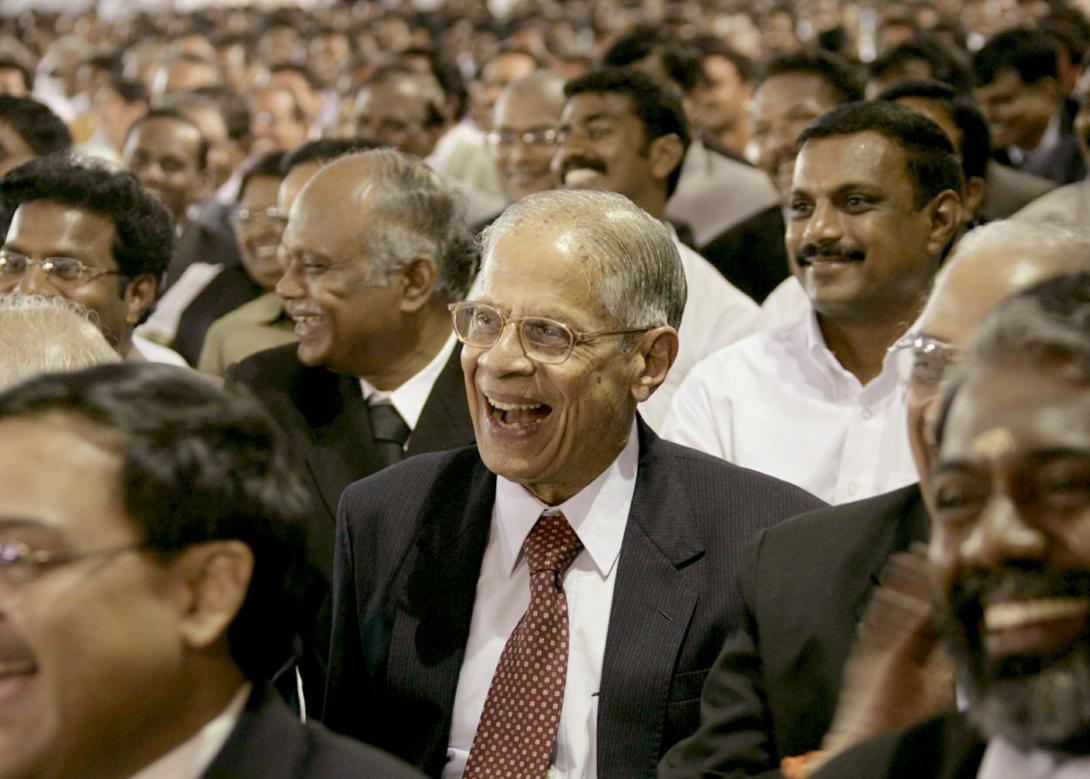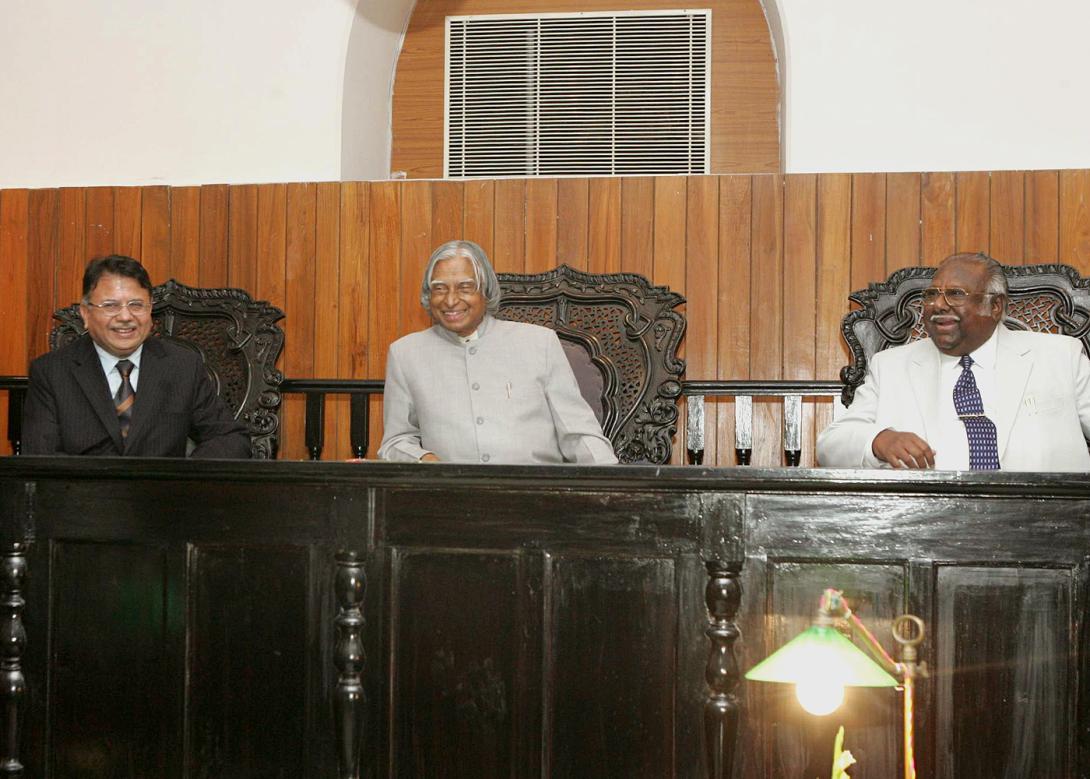Address at the Tamil Nadu Mediation and Conciliation Centre, Chennai
Chennai : 04-09-2006
Innovations in Justice Delivery
I am delighted to participate in the 1st anniversary function of the Tamil Nadu Mediation and Conciliation Centre. I find that this Mediation and Conciliation Centre has been able to resolve many disputes pertaining to workmen, between family members, shipping matters involving eight parties of different nationalities, matrimonial cases, custody of children and land encroachment matters. My greetings to Shri Justice Markandeya Katju and Shri Justice Ajit Prakash Shah for their pioneering work in the field of mediation and conciliation action in Tamil Nadu. It is indeed a noble cause to find an effective method to find a solution to a long standing dispute and create harmony among people especially the family members. Many times, a court case results out of misunderstanding and lack of effective communication between parties. When an objective mediator facilitates removal of misunderstanding between the parties without going into the legal rigour and corresponding expenditure, there is a fair chance of early settlement of the cases as a win-win situation. I would like to talk on the topic "Innovations in Justice Delivery".
The establishment of Mediation and Conciliation Centre reminds me of a Conflict free society being created in Chitrakoot area of Madhaya Pradesh.
Towards a Conflict Free Society
In Chitrakoot, I met Shri Nanaji Deshmukh (Age 90+) and his team members belonging to Deendayal Research Institute (DRI). DRI is a unique institution developing and implementing a village development model, which is most suited for India. Apart from all the development activities, the institute is facilitating a cohesive conflict free society. As a result of this, I understand that the eighty villages around Chitrakoot are almost litigation free. The villagers have unanimously decided that no dispute will find its way to court. The differences will be sorted out amicably in the village itself. The reason given by Nanaji Deshmukh is that, if the people fight among each other, they have no time for development. I consider that this model may be propagated in Tamil Nadu by some of the societal organizations. Mediators and Conciliators may facilitate such an action.
Mediation
Over a period of time, the influx of cases to Courts has increased. We have to enhance the throughput of the system through multiple channels of justice delivery system in time. The human ingenuity has given birth to various alternative dispute resolution systems complementing the traditional time-tested and well-established system and procedure of courts. The concept of mediation and conciliation is not new to our country. The recent statutory recognition has enabled us to introduce them formally in our Courts. Our legal system has found four systems of settlement other than trial, namely, arbitration, conciliation, judicial settlement and mediation.
Broadly speaking mediation is a decision-making process in which the parties are assisted by a third party, the mediator; the mediator attempts to improve the process of decision-making and to assist the parties reach an outcome to which each of them can assent. Conciliation is a form of an assisted negotiation between two or more parties in which an additional person, the conciliator, intervenes in various ways with the object of facilitating a settlement between the parties. To some extent in practice there may be overlapping between the two. The essential distinction is based on the fact that the role of conciliator is more ?interventionist? than that of a mediator. Mediation may result in resolution of dispute; conciliation emphasizes more on dissolution of dispute. The fact remains that the two processes are distinct from the methods of early neutral evaluation, fact-finding facilitation and family counseling. This is definitely a faster method of dispute resolution compared to the conventional court processes. Only thing is that we have to have trained mediators and conciliators, who can see the problem objectively without bias and facilitate affected parties to come to an agreed solution. In my opinion, this system of dispute resolution is definitely a cost effective system for the poor. I would only suggest that in cases involving parties from rural areas, the mediators and conciliators may move to the site of occurrence of the problem and resolve the issue. While I am with you, I am reminded of the initiative taken by Shri Justice JN Bhatt in establishing mobile legal clinic and lok adalats at Ahmedabad and Patna.
The person who occupies the position of mediator or conciliator in the Mediation and Conciliation Centre has to be known for unique qualities such as skill, poise, tact, art of persuasion, human behaviour and psychology. Mediator must possess the qualities of being a role model in the society, impeccable integrity and ability to persuade and create conviction among the parties.
The members of the Mediation Bar would enjoy high respect and regards of the society because of their service to society and the standards they maintain. A separate website can be created wherein the cases settled by the mediators are displayed. This will enable the citizens to understand the efficacy of this system and request the courts to transfer the cases to Mediation and Conciliation Centre.
In 1950's, I have observed Rameswaram, there were two systems prevailing in villages. One was Panchayat Board for the management of the villages and the other was Panchayat Court. This Panchayat Court had a well known, respected personality as President. Two more members, one representing the district authorities and the other representing the Panchayat nominated by the board. This was disposing off 15 to 20 cases every week. Tamilnadu Mediation and Conciliation Centre can consider having such a mission at Panchayat level.
Suggestions for Mediation and Conciliation
I would like to give the following suggestions for the consideration of the High Court of Tamil Nadu in relation to the functioning of mediation and conciliation centre.
a. Mediators and conciliators should be advised to take special interest in cases pertaining to the poor people, minors and women.
b. The judicial officers for mediation and conciliation centre may be selected from the group of experienced, matured, retired officers of the State with due care for ensuring objectivity.
c. The High Court may find alternative premises for the functioning of mediation and conciliation centre which will provide the right ambience for the mediation and conciliation.
d. As far as possible, the parties concerned should be encouraged to represent their cases to the mediators directly.
e. Judicial officers who are mediating should apprise the parties that what they are doing is in the best interest of both the parties and decide the cases based on the merits even if one of the parties does not fully cooperate.
f. The parties may be allowed to represent the case through a written statement without the need for elaborate submission of evidence.
g. It is desirable to make the award given by the mediator as final.
h. Women and children appearing before the mediator may be allowed to be accompanied by a responsible person so that they can represent the case properly.
Conclusion
I would recommend documenting the mediation and conciliation cases dealt with by Tamil Nadu Mediation and Conciliation Centre, which can become a useful training material for future mediators and the conciliators. I suggest all the Mediation and Conciliation Centres in India can be networked through web services with the details of status and decisions on cases handled. This will provide the transparency to the affected parties or persons and many will come forward for getting their cases settled through this mechanism. Eventually, speedy settlement of number of cases will bring down the pending cases in the Courts and also provide the citizens necessary peace of mind enabling them to apply their effort towards constructive tasks.
My best wishes to the members of Tamil Nadu Mediation and Conciliation Centre in their mission of delivering speedy justice with nobility to the needy citizens of Tamil Nadu.
May God bless you.

